
Zoricef Dry Syrup
Manufacturer
ICI Healthcare Pvt Ltd
Salt Composition
Cefuroxime (125mg)
Key Information
Short Description
Zoricef Dry Syrup is an antibiotic used to treat bacterial infections in children, including ear, nose, throat, lung, skin, soft tissue, bone, joint, and urinary tract infections.
Dosage Form
Oral Suspension
Introduction
Zoricef Dry Syrup is an antibiotic used to treat bacterial infections in children. It is effective in treating infections of the ear, nose, throat, lungs, skin, soft tissues, bones, joints, and urinary tract. It is also given to prevent infection in animal and human bite wounds and may be given before surgical procedures as a preventive therapy.
Directions for Use
Zoricef Dry Syrup should be given to your child as directed by the doctor. It is important to complete the entire course of antibiotics to ensure the infection is fully treated.
How it works
Zoricef Dry Syrup is an antibiotic that works by preventing the formation of the bacterial protective covering (cell wall) which is essential for the survival of the bacteria. By doing so, this medicine stops the infection-causing bacteria from growing further and prevents the infection from spreading without making them resistant to further treatment.
Quick Tips
Encourage your child to drink plenty of water in case diarrhea develops as a side effect. Your child must complete the entire course of antibiotics. Stopping too soon may cause the bacteria to multiply again or cause another infection. Conditions like common cold and flu are caused by viruses. This medicine is not to be taken in such cases. Only give Zoricef Dry Syrup to your child for their current infection. Never save medicine for future illnesses. Discontinue giving Zoricef Dry Syrup and consult the doctor immediately in case your child develops an itchy rash, facial swelling, or breathing difficulties while taking this medicine.
Related Medicines
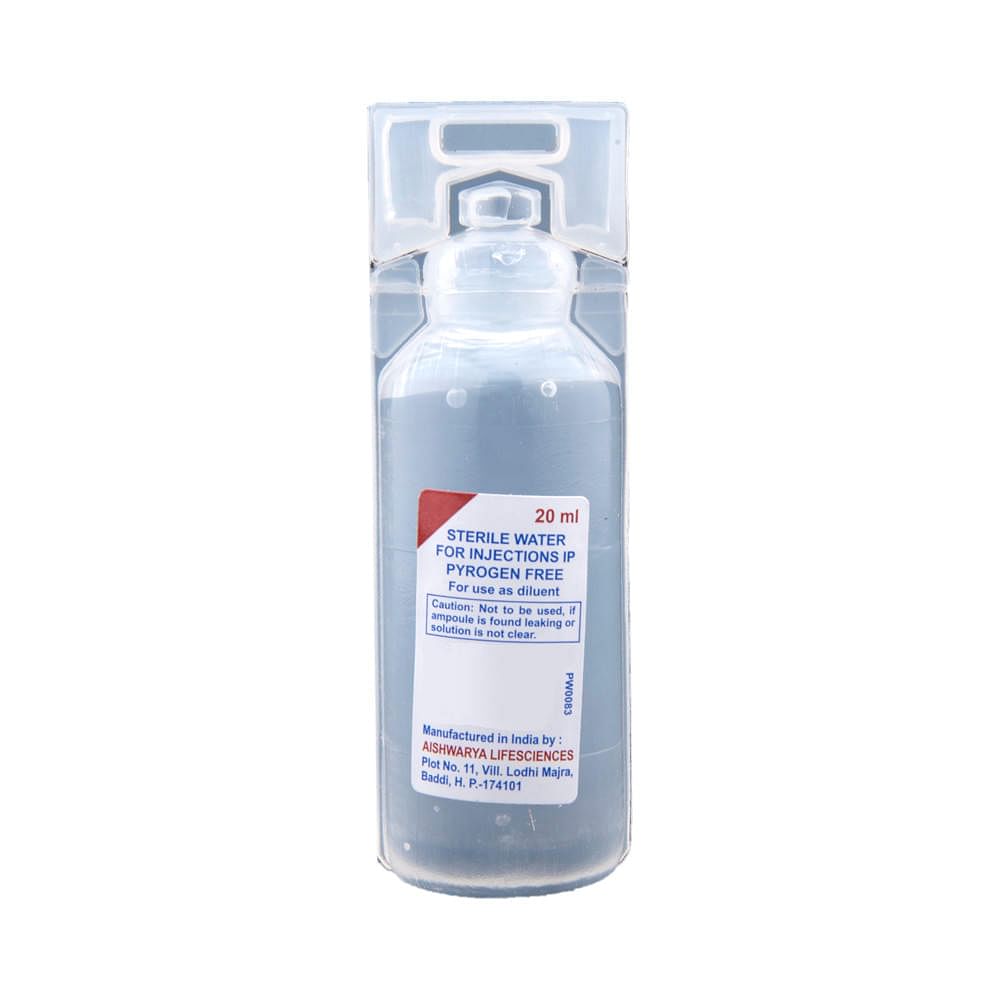
Zocef Dry Syrup
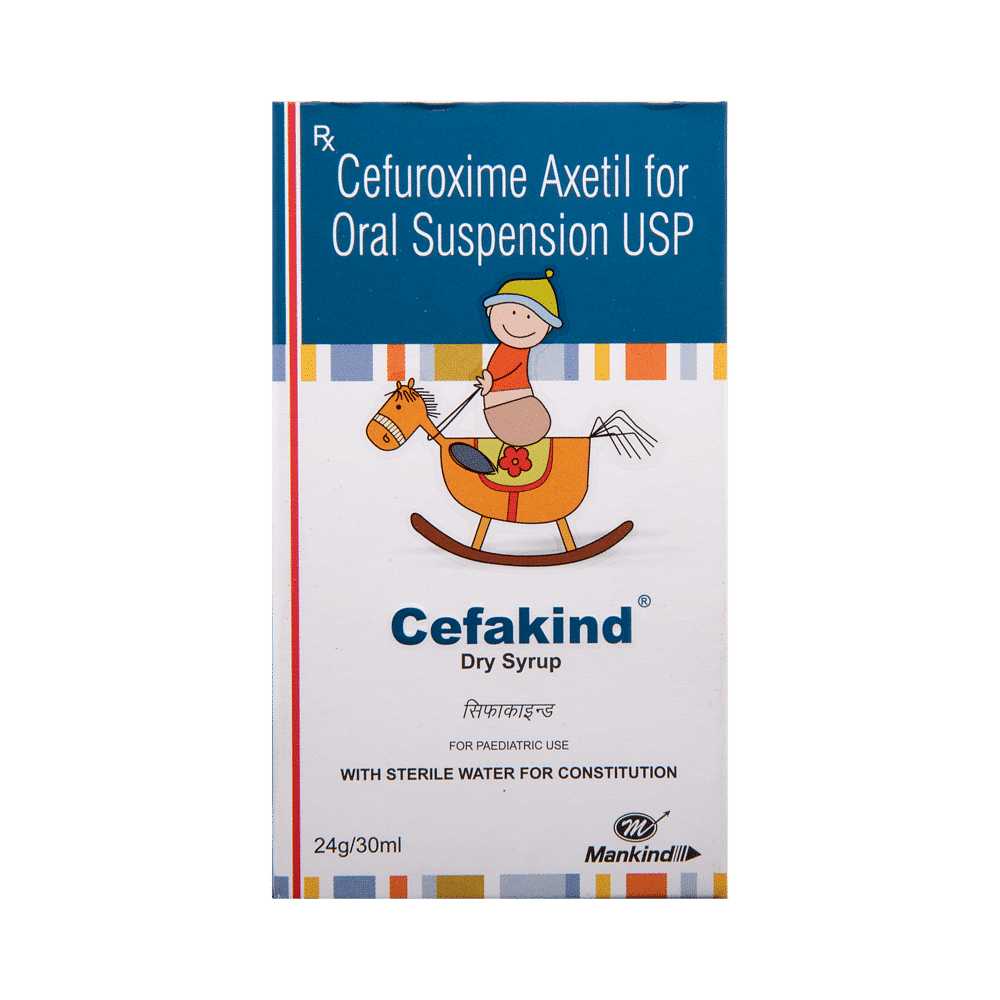
Cefakind Dry Syrup

Cefurox Dry Syrup
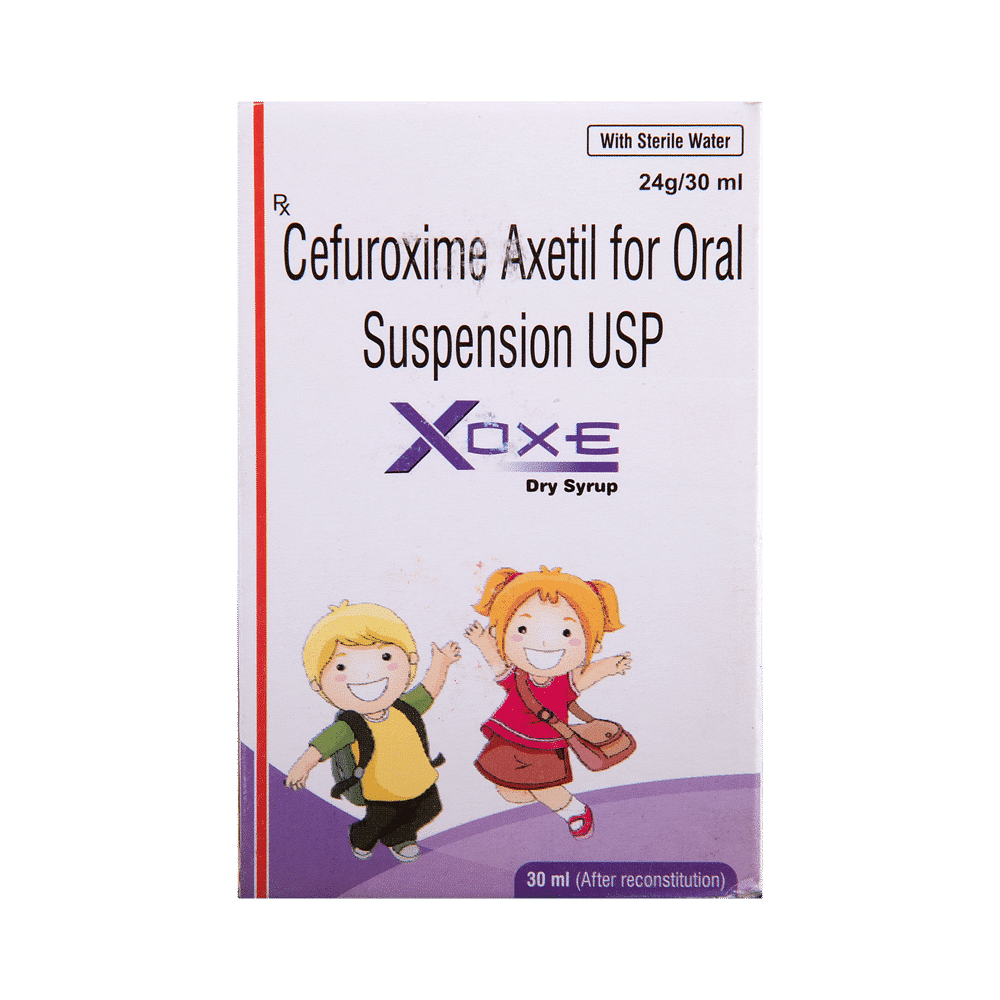
Xoxe Dry Syrup
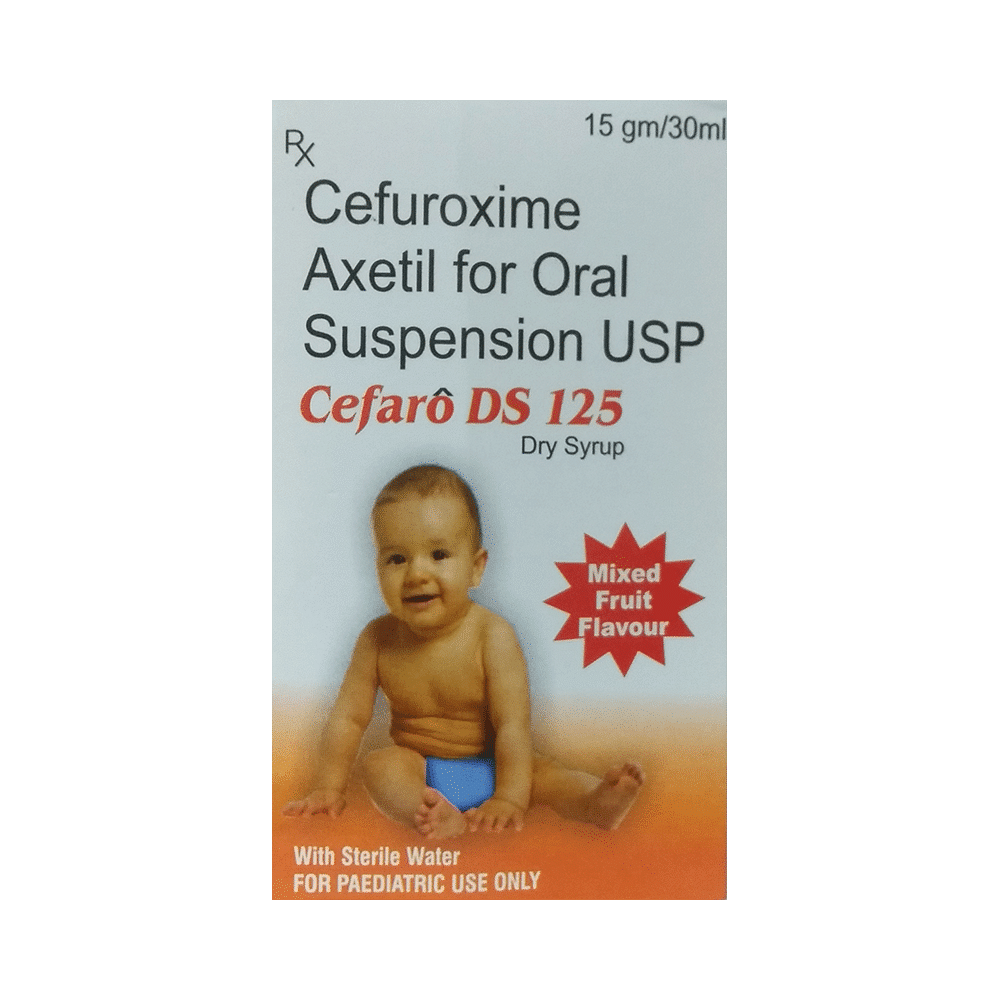
Cefaro DS 125 Dry Syrup Mixed Fruit
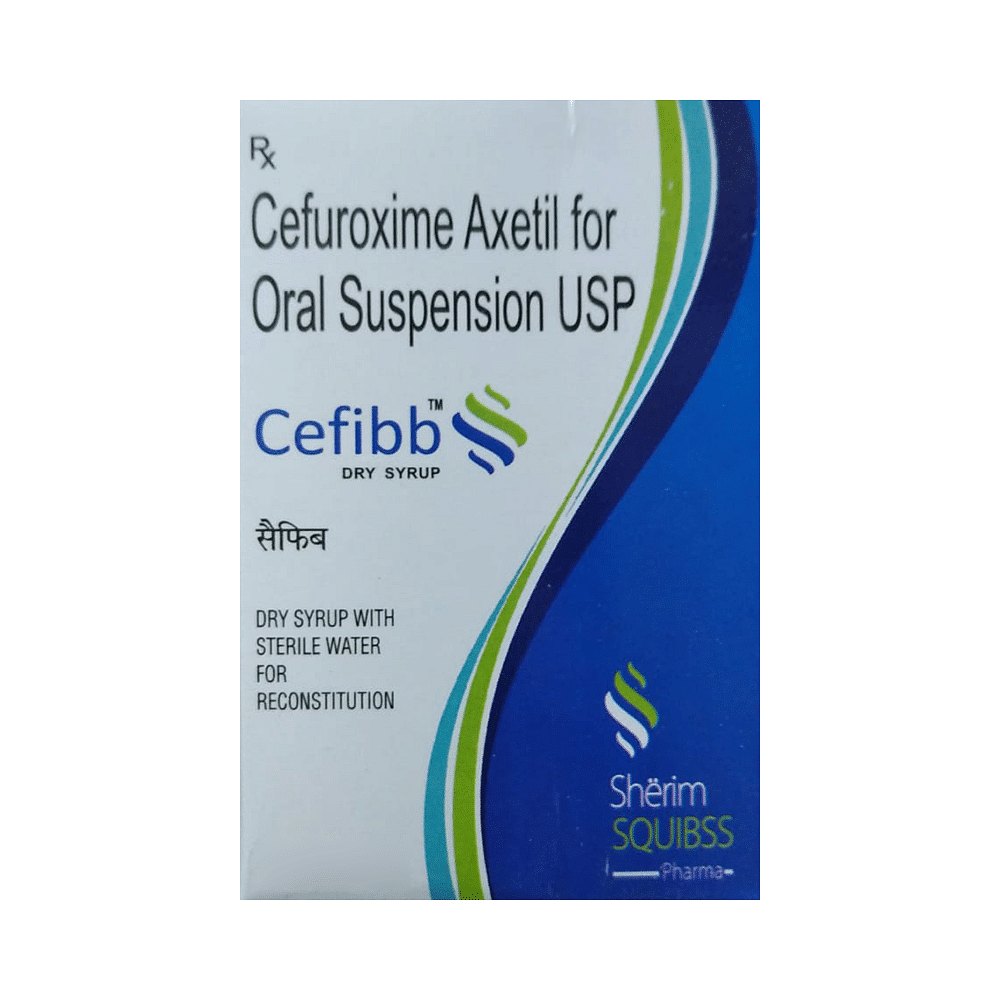
Cefibb Dry Syrup

Furrow 125 Dry Syrup

Hexim Dry Syrup
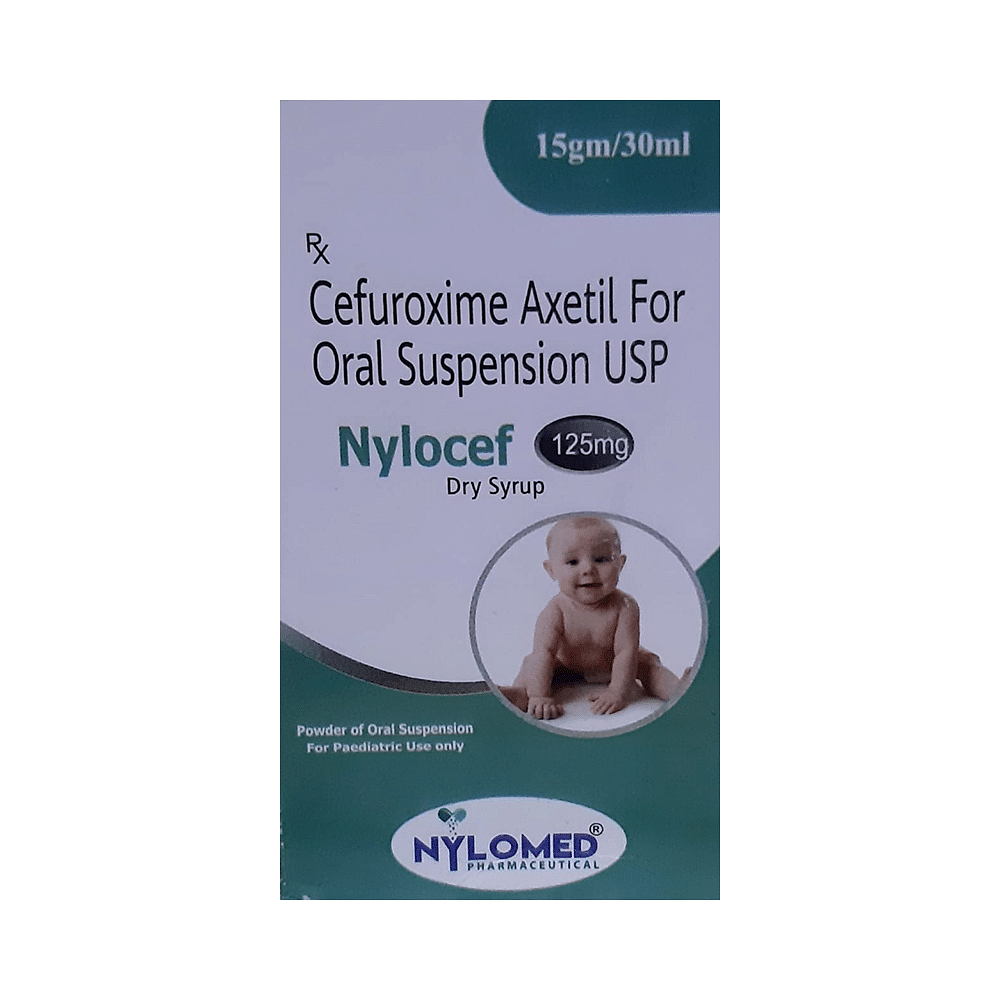
Nylocef 125mg Dry Syrup

Furolin 125 Dry Syrup
Frequently asked questions
Can I give Zoricef Dry Syrup to my child if they have a seizure disorder?
Zoricef Dry Syrup should be used with caution in children with a history of seizure disorders, as it may cause seizures, particularly in those with kidney disease. If seizures occur, discontinue the medication and consult a doctor immediately.
What if I give too much Zoricef Dry Syrup to my child by mistake?
An extra dose of Zoricef Dry Syrup is unlikely to cause harm. However, if you suspect an overdose, speak to a doctor right away.
Are there any possible serious side effects of Zoricef Dry Syrup?
Some severe side effects include persistent vomiting, kidney damage, allergy, diarrhea, and severe gastrointestinal infections. In such cases, consult the child's doctor for assistance.
Can other medicines be given at the same time as Zoricef Dry Syrup?
Inform your doctor about any other medications the child is taking before starting Zoricef Dry Syrup. Additionally, consult the doctor before giving any medicine to the child.
Can I get my child vaccinated while on treatment with Zoricef Dry Syrup?
Antibiotics usually do not interfere with vaccine ingredients or cause adverse reactions in children who have just been vaccinated. However, it's recommended that children taking antibiotics wait until they recover from the illness before getting vaccinated.
Which lab tests may my child undergo while taking Zoricef Dry Syrup on a long-term basis?
The doctor may prescribe regular kidney function and liver function tests to monitor the child's condition.
Does a common cold caused by viruses always result in a secondary bacterial infection? When to start an antibiotic to prevent infection?
In most cases, bacterial infections do not follow viral infections. Using antibiotics to treat viral infections may lead to side effects without benefiting the child's health. Therefore, use antibiotics only after consulting with your child's doctor.
Can Zoricef Dry Syrup impact my child's digestion?
Zoricef Dry Syrup can affect the good bacteria in the gastrointestinal tract while killing infection-causing bacteria, potentially leading to diarrhea or other infections. If your child experiences diarrhea while on the medication, consult their doctor for guidance.
How long does Zoricef Dry Syrup take to work?
The time it takes for Zoricef Dry Syrup to start working depends on the type of infection and the patient's response. Symptoms of bacterial infections may begin to decrease in 48 to 72 hours after starting the medication.
How long should you take Zoricef Dry Syrup?
The duration of therapy with Zoricef Dry Syrup depends on the type of infection. It's usually prescribed for 7 days, but may range from 5 to 10 days based on the patient's response.
Can Zoricef Dry Syrup be taken on an empty stomach?
No, Zoricef Dry Syrup should not be taken on an empty stomach. It should be taken twice daily after a meal to enhance absorption and effectiveness.
Can Zoricef Dry Syrup treat UTI?
Yes, Zoricef Dry Syrup can be used to treat urinary tract infections (UTIs), but only for uncomplicated cases. The medication should be prescribed by a doctor and not self-administered.


